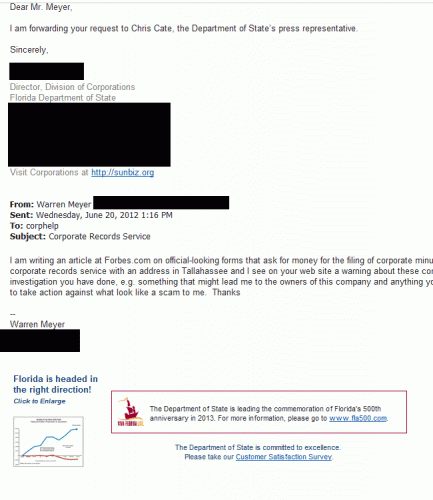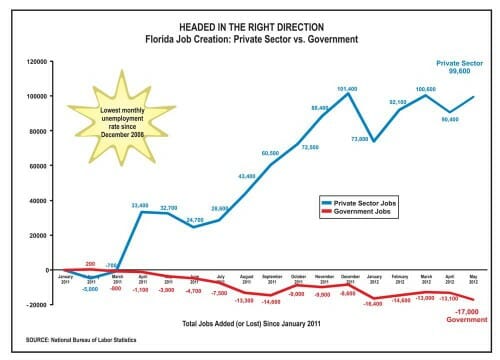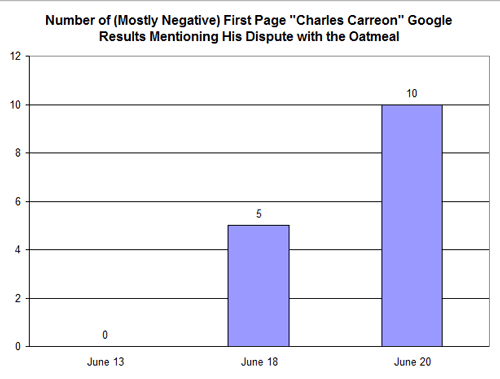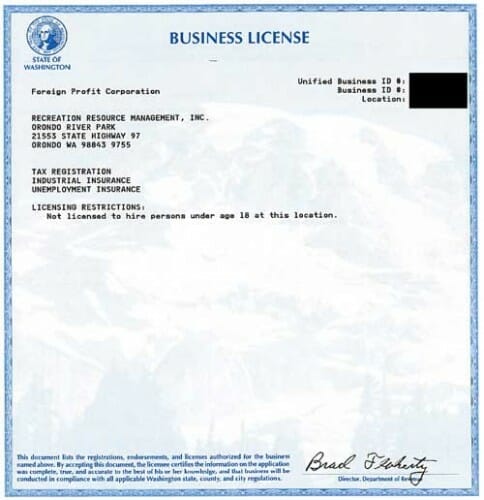I will admit, I can get angry, especially when I believe someone has done me wrong. But over time, I have learned to distrust this anger. About twenty of twenty of the actions that I have most regretted in life or that have backfired on me have been undertaken during such periods of anger -- from yelling at innocent airline employees to writing scathing business letters that only make a situation worse. I have learned to impose on myself a sort of count-to-ten rule, where if I am really ticked off about something, I force myself to wait 24 hours before I respond. It works for me.
Attorney Charles Carreon needs to figure out a parallel strategy, or else he needs a business partner or family member who can perform an intervention for him. Because last week, he totally lost it.
As you might remember from our last episode, Carreon was representing a web site called Funnyjunk where people post content strip-mined from other sites. One of those sites, the Oatmeal, got mad about their cartoons ending up on this site without compensation, and called them out online. No lawsuit, nothing unnatural, just good old American criticism.
I don't know enough about copyright law to know if Funnyjunk was in the right or wrong. The Oatmeal could have tied it up anyway in copyright suits, but chose not to. So of course Funnyjunk responded in asymmetric fashi0n by hiring Carreon to threaten the Oatmeal with a $20,000 lawsuit. Apparently they were really sad and hurt by the Oatmeal's criticism, and argued that the Oatmeal abused their copyrighted name by using it online in the criticism (a hilarious charge given how the whole thing started). By the way, in case anyone is confused about this, though this approach is tried constantly, courts have routinely held that there is no such copyright that bars someone from criticism or comment using one's name.
At this point, this all constituted irritating but fairly normal (unfortunately) behavior of people and lawyers online who don't really understand the First Amendment.
Then Charles Carreon drove over the cliff.
On Friday, he apparently sued not only the Oatmeal (for criticizing him online, causing other people to hate him, and for violating his copyright in his own name) but also, get ready for this, the National Wildlife Federation and the American Cancer Society. Why? Because when the Oatmeal first got Carreon's demand letter, its proprietor said he would raise $20,000 for charity instead, and send Funnyjunk a picture of the money. To date, nearly $200,000 has been raised for the two charities by Oatmeal fans who wanted to show their support.
Apparently, according to Carreon's suit (I still can't believe he actually filed this), the money that was raised for these charities was tainted because it was raised in the name of making him look like a doofus. Which, by the way, is exactly right. I am not a huge fan of either charity (they use too much money in both cases for political activism rather than solving problems), but I gave $100 just to help hammer home the point that Charles Carreon is an idiot.
Perhaps this guy has no friends. But if he does, one of them needs to be grabbing his collar and shoving him up against the wall and explaining in one syllable words how suing two prominent charities is NOT a path to success in the war to reclaim his reputation. The guy basically kneecapped himself with his opening shot. He will soon learn that while it may be increasingly against the law on college campuses to hurt someone's feelings with your speech, it is not illegal in the rest of America. And he will also soon learn all about California's tough anti-SLAPP law, as he finds himself headed to Bank of America to take out a second mortgage on his home so he can pay the legal bills of those he has sued with the intent to suppress their speech.
Update: Mr. Carreon, welcome to the Streisand effect. Last Thursday, none of his first page Google results mentioned this incident. Today, there are five.
Update #2: Mr. Carreon claims his web site has been hacked. Maybe. But I will observe that for the web NOOB, "buying the cheapest Godaddy hosting account that is fine for my normal 12 visitors but crashes when I get 50,000 hits in an hour from Reddit" and "hacking" often look the same.
Update #3 and irony alert: If you want to see something odd, check out the web site he and his wife run. The site is full of very raw critiques that would easily land a desk full of lawsuits in the Carreon mailbox if the legal system routinely accepted the type of censorious lawsuits he himself is attempting to initiate. If he takes the linked site down, the screenshot is here. As an aside, I am constantly amazed at how liberals, including those who claim to be feminists, seem so obsessed with the sexuality of Conservative women and couch so much of their criticism in terms up to and including rape images (particularly oral sex).






